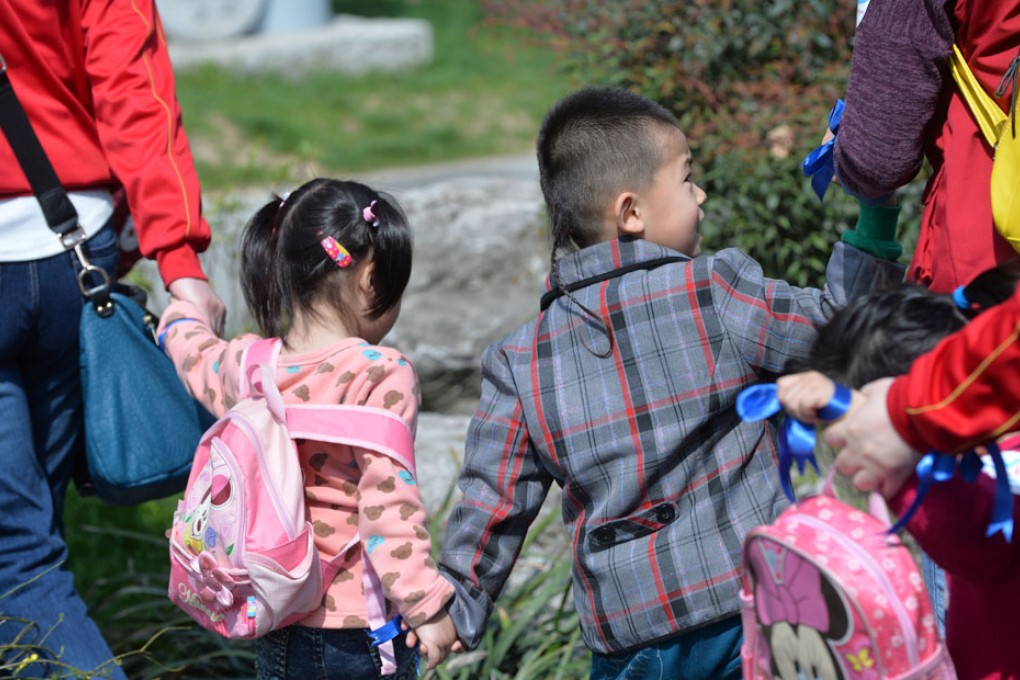When it comes to autism, Hong Kong's laws are decades behind
Developments abroad dwarf Hong Kong's efforts in helping people with this 'invisible disability'

The United Nations has designated April 2 as World Autism Awareness Day since 2008. This year, the UN secretary general called for more efforts in education, job opportunities and other measures so people with autism could realise their full potential.
Autism is an inherent, lifelong condition of difficulty in interacting with others, marked by repetitive behaviour and interests. It is a "spectrum condition", meaning the challenges faced by each individual varies in magnitude.
Its incidence appears to be on the increase. The latest data shows one in 86, 64, 55 and 38 in the United States, Britain, Japan and Korea respectively are autistic. Some estimate there are more than 70,000 people in Hong Kong with autism. The official estimate is 3,800.
However, it is unclear whether the condition is genuinely becoming more prevalent, or whether the increase reflects a greater awareness of the condition and changes in assessment methods.
Autism is an invisible disability. But Temple Grandin, a noted US animal science professor with autism, once said: "You have got to keep autistic children engaged with the world. You cannot let them tune out."
Unfortunately, many people still see those with disabilities as faulty, abnormal and a welfare burden. Such ignorance begets discrimination and exclusion.
The world is shifting towards a social model that underlies the UN Convention on the Rights of Persons with Disabilities. It requires that we treat every person with a disability as a full member of society, capable of holding rights and taking part in the community.
